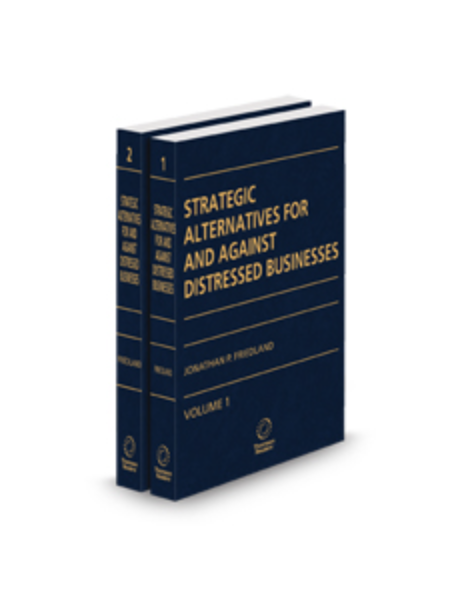COVID's Effects on Grade School and High School Sports
Although elementary, middle, and high school sports or extracurriculars are not massive money-making machines like their college counterparts, they are incredibly important to students, parents, and school communities. Students develop life skills through extracurriculars that improve their physical and mental health. Additionally, many young people develop relationships through these activities that form long term friendships. Regardless of the reason, extracurricular activities offer a chance for students to grow outside the classroom and find a passion for responsibility, competition, sportsmanship, and determination while developing relationships with friends, competitors, and mentors.
For many, sports will likely play a limited role in the fall school schedule as several states have already moved to restrict youth and adult recreational sports. While some have moved to shut down access to sporting facilities generally, other states such as Illinois and Michigan have placed sports into three separate risk levels with high contact sports such as football or soccer being the highest risk and individual sports such as golf or tennis being the lowest risk. While the announcement that fall sports seasons are ending before they begin is crushing to the athletes and coaches that have been waiting all year, many high school athletic associations are working to simply postpone rather than cancel. The Illinois High School Association is postponing the high-risk sports’ seasons until spring when athletes will have a greater likelihood of competing like they are used to. Meanwhile, other states have halted the allowance of practices while a decision is made regarding the fall season.
While high school sports may not touch the scale of college football or basketball, they are incredibly important to athletes, coaches, and student bodies. Additionally, many other extracurriculars engage high school students that are not athletes— including robotics clubs, scholar bowl, cultural groups, student government, and more. These will likely be restricted as well and function differently than in past years. These activities are some students’ primary passion to which they have dedicated years of work and practice. Others are pursuing scholarships dependent on their performance. Non-student athletes find a favorite social pastime in cheering on their classmates on the field, but if sports return, spectating will likely be restricted to immediate family members of the athletes. Regardless of how individuals interact with sports and extracurriculars, their cancellation will have a palpable effect on their experience at school. Many of these outside the classroom activities, whether academic or athletic, give students the freedom to choose their path and engage in their passions; losing these will be disappointing and could affect school enjoyment and performance.
Sports associations and student organizations need to be flexible and think outside the box in order to continue operating and providing activities for students. Standard procedure for sports that are practicing includes daily temperature checks and health screening questions, but much of the responsibility falls on the athletes who are asked to stay home if they are feeling unwell in any way. Additionally, coaches are wearing masks and remain distanced from players and other coaches. The Illinois High School Association pushed back certain sports seasons to the spring but also created the first-ever summer sports season in hopes of avoiding canceling any sports. Additionally, extracurricular organizations will have to be creative in developing new ways to foster student socialization and still offer students opportunities to participate in their passions.
Need help getting your non-profit organization or small business back on track? Contact the expert team at NMBL Strategies for more information at info@nmblstrategies.com.





